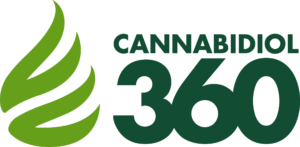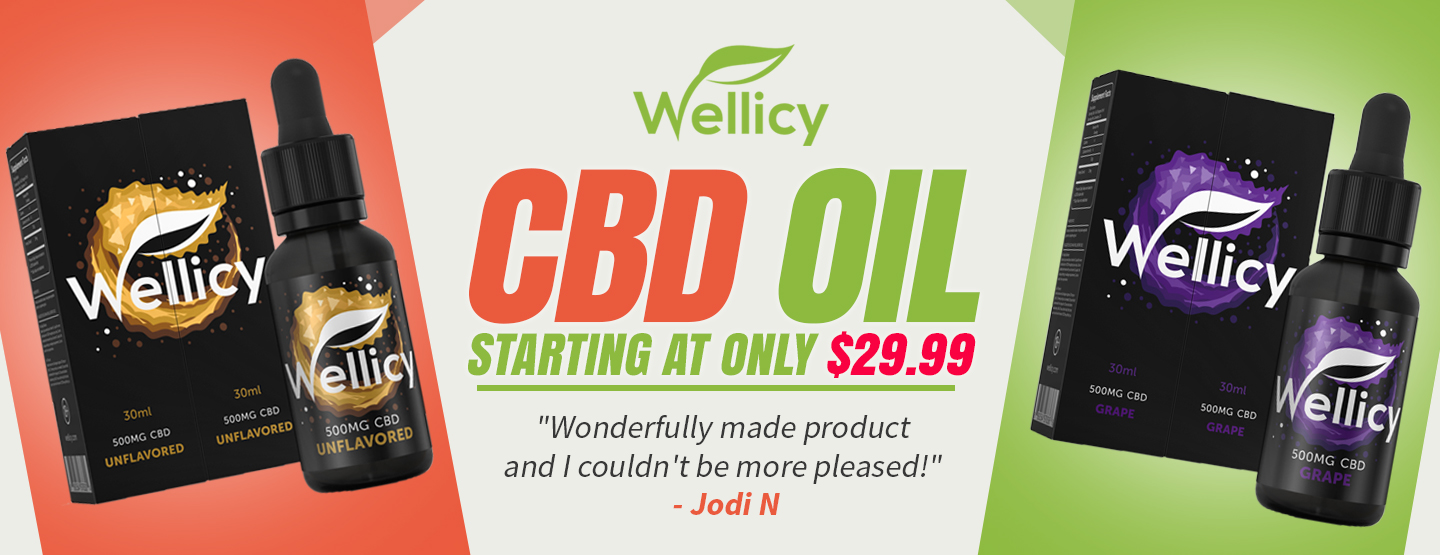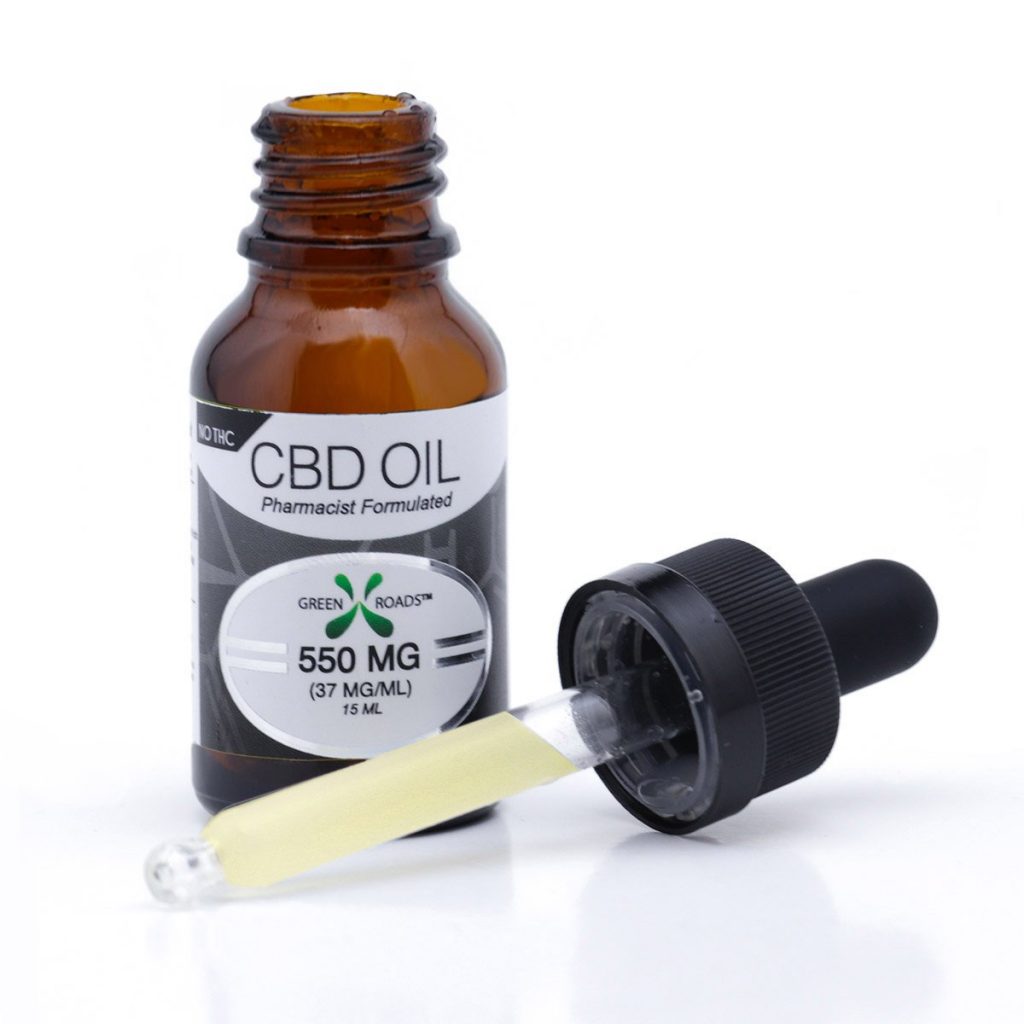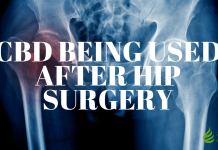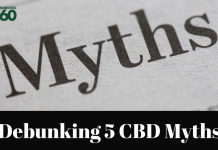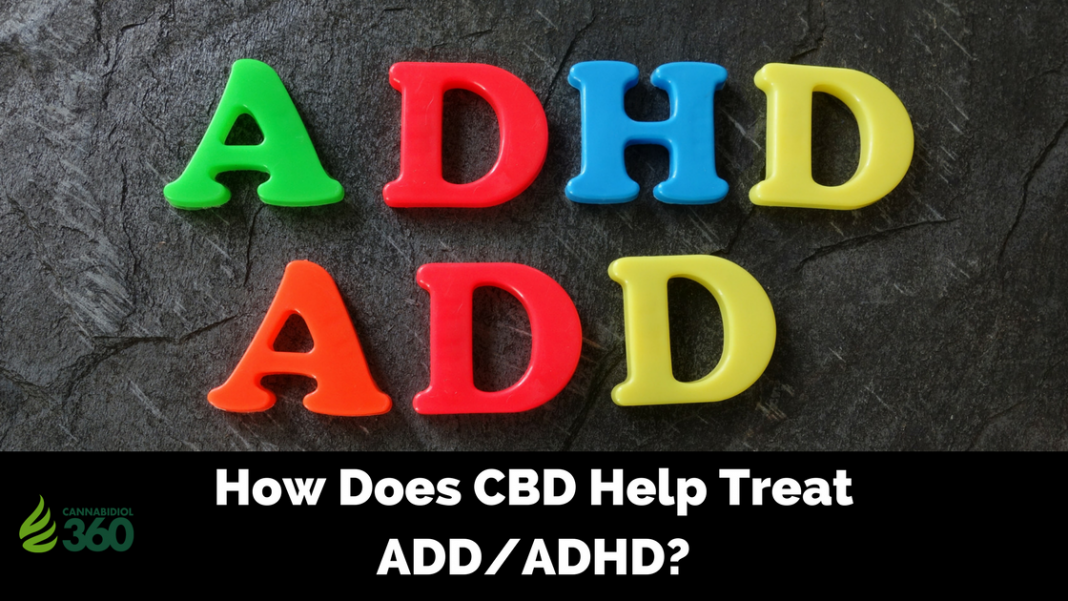
Attention Deficit Hyperactivity Disorder is a highly hereditary neurodevelopmental condition that starts from childhood. In more than 50% of the cases, it continues into adulthood.
It is more common in boys than in girls. The average diagnosis age is 7 years old. Apart from genetics, it can also be caused by chemical imbalances, brain changes and injury, and factors that affect the development of the brain at infancy.
This condition is not curable or preventable, The best course of relief is effective management.
How is ADD/ADHD Traditionally Managed?
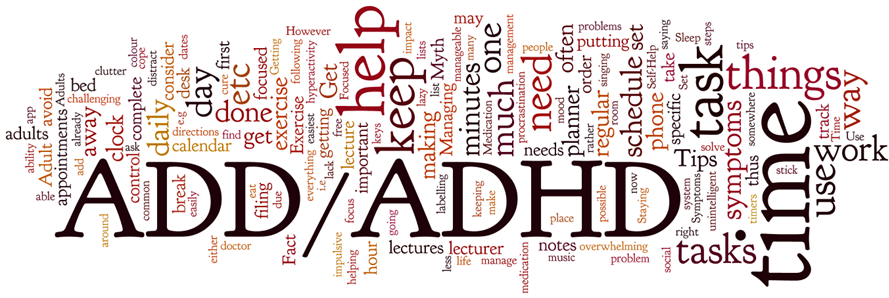
Management of ADHD is done by stimulant or non-stimulant medication depending on the type of ADHD. There are also dietary supplements.
Therapy has proved fairly effective through special education, behavior modification, and teaching of social skills. Psychotherapy is also necessary for both parents and the child.
It helps you cope with the presence of the condition better, and your child learns how not to be put down by the condition.
Helping them maintain a high self-esteem despite the horrible cards they have been dealt. The parents and guardians learn how to be patient. They learn how to release frustrations in other ways that do not let the child feel responsible.
Symptoms and Types
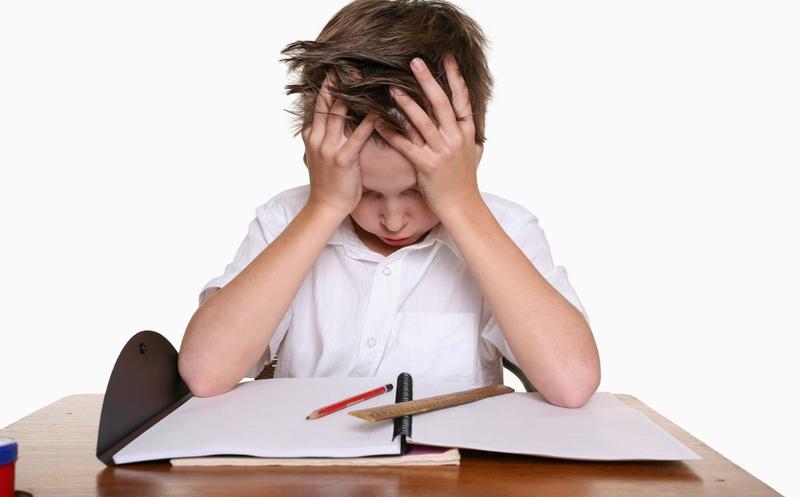
ADHD adults tend to have difficulty managing their time and being organized. They suffer frequent job loss and will have trouble maintaining relationships.
Due to these reasons, you will suffer a low self-esteem. Thus, the importance of support groups. These give you a platform on which to be truly yourself with other people in a similar situation. You learn about the struggles of others and ways to pull through.
At diagnosis, the specialist will decide on one three types of ADHD. The first type is Primarily Inattentive ADHD, which is characterized by inability to listen or follow instructions. You will have difficulty staying organized and will constantly lose things like pencils and pens, and you will be very easily distracted and forget quickly.
The second type is Primarily Hyperactive ADHD. The biggest symptom of this type is impulsivity. You will have trouble waiting in line for your turn. You will shout answers in class and interrupt others during conversation. You are almost incapable of playing on your own quietly and talk excessively. Additionally, you will be restless and squirm a lot.
The third type is a combination of the two types. In this case, you will have symptoms of both all rolled into one.
5 Annoying Common Misconceptions
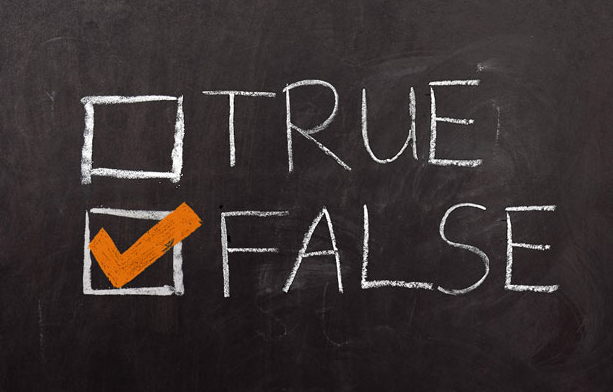
1) It’s All in Your Head
Well, actually it is not. Studies have shown a difference in the brain architecture of people with ADHD.
The posterior cingulated cortex and medial prefrontal cortex do not auger well. It has also shown slow connections in the brain leading to difficulty staying attentive. It is therefore an actual medical condition!
2) It’s Not a Big Deal, You Just Need to Try Harder
In addition to the above facts, research has shown that ADHD patients tend to have low credit scores and high levels of cholesterol.
This is evidence of their trouble keeping up with simple lifestyle requirements. So yes, it is a big deal as these factors go on to affect the general global economy.
3) You Cannot Concentrate, You Definitely Have ADHD
Not all attention deficits are ADD just like not all hyperactivity is ADHD. Difficulty paying attention can be caused by a myriad of things especially in thus digital age. There are things on the internet that will continue constantly taking attention away from the task at hand.
Children are naturally active and energetic. While hyperactivity is the most visible symptom, being hyperactive does not necessarily lead to an ADHD diagnosis. A child must have at least six symptoms for there to be cause for concern.
4) Bad Parenting is The Cause of ADHD
The only role a parent has in the occurrence of ADHD is if it was passed genetically, otherwise parenting style has nothing to do with it.
Thus, good old fashion discipline will not suppress or cure ADHD.
5) ADHD Patients Care Nothing for Consequences
You do, so much so that it hurts you when you face the consequences despite having tried hard to master the rules. You just have trouble processing the requirements, in this case, patience is best exercised.
The Science of CBD for ADHD
Studies have shown preference for CBD for ADHD management in place of the addictive meds. The same studies have proven an enhancement in cognitive function and reduction in symptoms after use of cannabidiol (CBD) to manage ADHD.
Emotional liability was also greatly improved.
In 2013, a study published in the Journal for Substance Use and Misuse showed a significant number of ADHD patients self medicate with CBD to manage their symptoms in place of the highly demanding stimulants.
From the testimonials, it is clear that CBD is potent against ADHD symptoms.
Later in 2015, a German study produced evidence of improvement in symptoms of ADHD particularly concentration and impulsivity due to the use of cannabidiol oil.
Addressing Causes and Symptoms
You may have heard ADD and ADHD used interchangeably, and this is because they are in fact the same condition. As ADHD has had many name changes in the last 3 decades.
Patients with ADHD tend to have a lower amount of dopamine in the prefrontal cortex.
Dopamine is the chemical compound responsible for memory and attention. CBD works to activate the adenosine receptor, which is a regulator of dopamine production. Thus, reducing the severity of attention deficit and forgetfulness.
Attention deficit can be brought on by a traumatic brain injury. Recently, the Hebrew University of Jerusalem through a study that involved rats with brain injury realized that the endocannabinoid system played a significant role in healing.
Introduction of CBD therefore hastened the process, hopefully, this is a gateway for trials. Not only will TBI-caused ADHD patients benefit but even sportsmen who suffer concussions and victims of accidents.
Since most ADHD patients are children, it is only smart to ask the question: is it safe for children? Have you ever heard of Charlotte’s Web?
This is a strain of cannabis used on an epileptic little girl who used to suffer multiple seizures throughout the day.
Once CBD was introduced into the course of treatment, she began to experience relief. She had less and less seizures every day.
The strain was then named in her honor, and since then, the strain has been used on numerous epileptic children successfully.
So yes, CBD is very safe for children. However, a doctor should be consulted before incorporating this into your child’s treatment regimen.
Child Friendly CBD Products
Pure CBD Oil
You must ensure the CBD oil you use on your child is completely pure, specifically it should have nary a trace of THC.
For quick absorption into the system, sublingual delivery is the best way to go. The oil tastes a bit earthy, so you should find creative ways to mask the taste.
It could be by having your child swallow with a spoonful of yogurt or ice cream.
This is pure CBD with a very high concentration, you should therefore follow the dosage instructions to the letter.
Tincture
This is the purest form of all CBD products, but it has a lower concentration than the oil but it is still incredibly pure.
Tinctures also have a wide variety of uses, as it can be taken orally or sublingually. It can also be infused into food, snacks, and drinks.
CBD oil tinctures do not need to be cooked and can even be added to cold snacks like fruit salad and breakfast cereal.
Apart from being pure, the tincture comes in natural flavors like strawberry, peppermint, chocolate mint, and many others.
These flavors allow the taste to be appealing to children making it easier to administer.
Capsules
CBD capsules can be administered to older children who do not have difficulty swallowing. However, with children you have to be careful lest they spit it and examine out of curiosity.
This is also a very convenient product if you are an adult with ADHD.
There are other capsules on the market where you breaks the containment and pour the contents into a beverage. It could be anything from a smoothie to diner time milk.
The dinnertime milk idea will also serve the purpose of ensuring bedtime runs smoothly. Either way, the powdered makes for a quick administration, meaning there is no chance of spitting it out.
Homemade Edibles
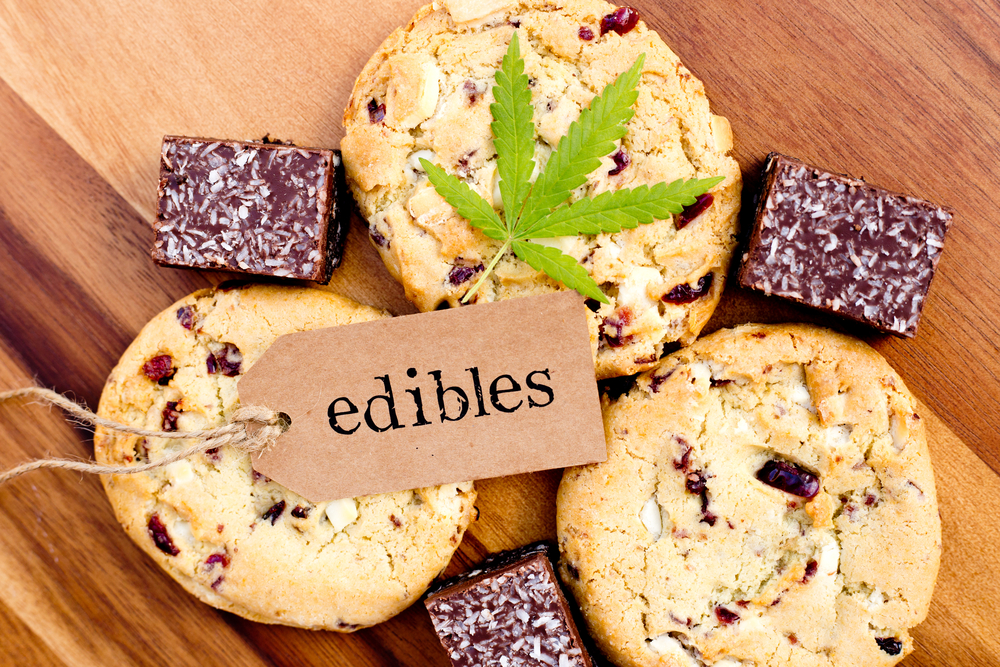
Adults can enjoy readymade CBD edibles. However, it is not the best thing for children as many parents are usually very selective about what their children put in their mouths and therefore prefer to do the preparation and cooking personally.
This is well and good and there are tons of recipes online for CBD infused recipes. They are yummy and serve a much greater purpose than just nutrition.
Uninformed Arguments
Some time back, there was a topic online: No Pot for Tots. There were a lot of arguments against the use of CBD for ADHD and other conditions that affect children.
However, upon inflection you will quickly realize that the arguments were based on misconceptions. The idea here is for the use of CBD not the whole cannabis plant.
Even Charlotte’s web has a ratio of 30:1 CBD to THC. The first thing before completely dismissing CBD as a viable option for management of ADHD symptoms is to understand the quintessence of CBD.
